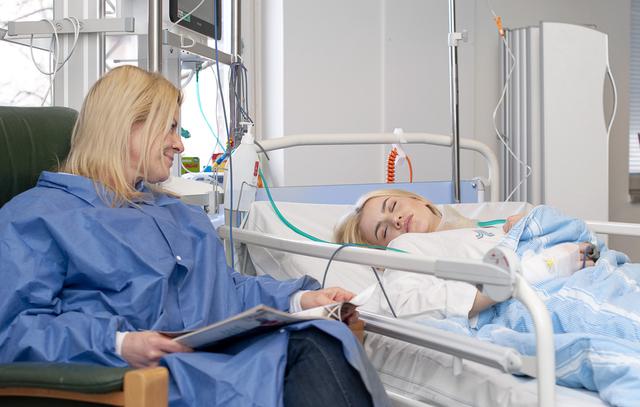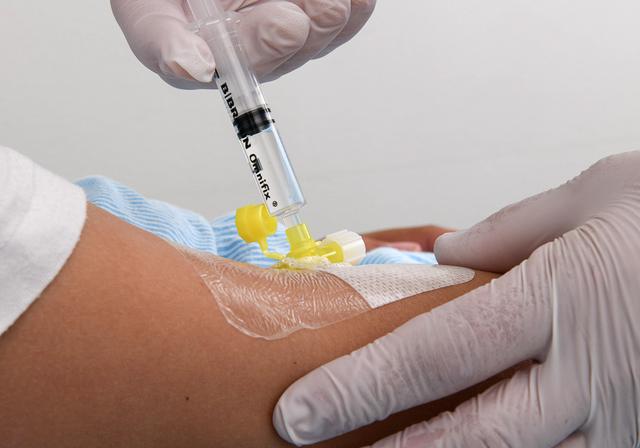After Your Operation
When you wake up in the recovery room, you might feel great, so-so or pretty rough. It’s impossible to know beforehand. In any case, you can be sure that everyone who’s been involved in your operation has done everything in their power to make sure you’re okay even when you wake up. If you want someone with you, a relative can sit with you while you wake up.

Time to Wake Up
You’ll wake up when the drugs you’ve been given have left your body, but it might take a little while. A little more oxygen will be passed in front of your face during that time. The staff in the recovery room will also keep a night on things like your pulse rate and the level of oxygen in your blood. You may feel a bit hoarse if you’ve had a tube in your throat to help you breathe during your anaesthetic. Your throat might feel a bit sore, as if you had a cold. That’s entirely normal, and your throat will soon go back to how it usually is. It might take a few days, though. Something cold along the lines of ice cream is usually good when you have a sore throat.
It’s extremely common to be tired after an operation. Your sleep under anaesthetic is artificial, so neither your brain nor your body rest in the same way as when you’re properly asleep. If you’re tired or don’t feel so great, try to have a little nap. That’s usually the best medicine.
Pain and Nausea
If you’re in pain or feel sick, it’s important for you to tell someone straight away. You should speak up even if you don’t feel all that terrible. The earlier you’re given drugs, the easier it is to stop pain and nausea before they get really bad. Also try changing your position in bed – that can often ease the pain a bit. The drug that you’ll be given to prevent nausea or pain is administered directly via the little tube in your hand or the crook of your arm so that you don’t have to have more injections.

You don’t need to worry if the pain doesn’t go away straight away. It often takes a little while for the drug to work. Nobody ever won a prize for putting up with pain. But lots of people have been far too much pain for absolutely no reason. Not only is pain unpleasant and unnecessary, it also makes you feel worse and impairs healing. So if it hurts, and changing position in the bed doesn’t help – tell someone! If you can’t manage this for yourself, you can ask the person with you to tell the staff how you’re feeling.

There are usually a number of other patients in the recovery room with you. It’s fine to turn on your mobile, check the Internet and send a few messages, but keep your phone set to silent and don’t phone anyone. How long you need to stay in the recovery room depends on what your operation was for and how you’re feeling. When you’re properly awake and can move around with no problems, you can either go home or head back to your ward. Then you can start drinking and eating a little, with care. It’s also a good idea to start moving and walk around as soon as you can. Fresh air and movement are always a good idea when you want your body to heal.